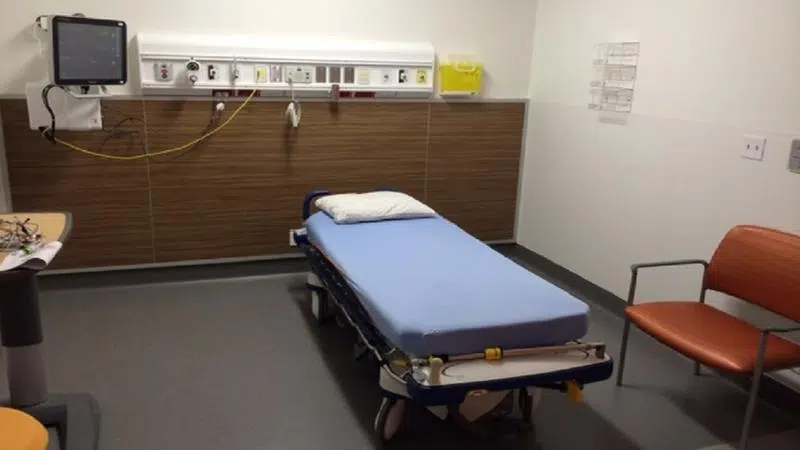
Hearing from the front line – local Doctor’s perspective on health care changes
LETHBRIDGE, AB –– It spite of continued objections, the provincial government is going ahead with what the Alberta Medical Association (AMA) calls ‘irresponsible’ health care restructuring.
In the face of the COVID-19 pandemic, the AMA and Alberta Health Minister Tyler Shandro continued discussions. Association president Dr. Christine Molnar said in a letter to members that she met with the Health Minister on Friday and he committed to get back to her before the changes come into effect on April 1.
More than 800 Alberta doctors added their voices to the issue on Monday, by sending an open letter that asked the government to delay the changes and allow physicians to focus on the COVID-19 pandemic. However, on Tuesday (Mar 31), Molnar said the government is going ahead with the changes. LNN spoke with one of the 800 doctors who spoke out about the impending restructuring.
Local physician, Dr. Samuel deWalle, says the changes have created a culture of uncertainty for doctors.


